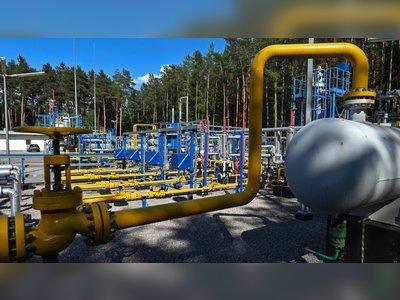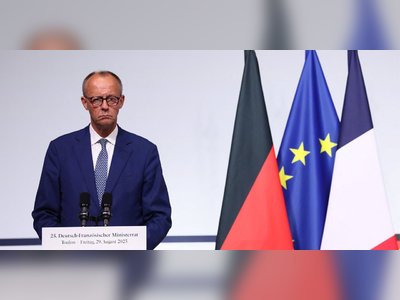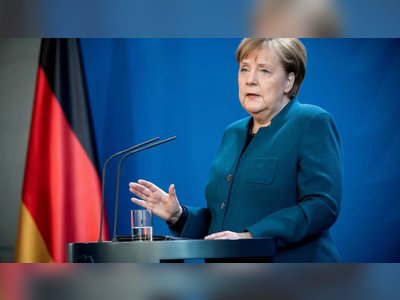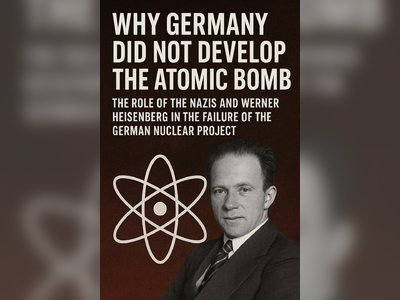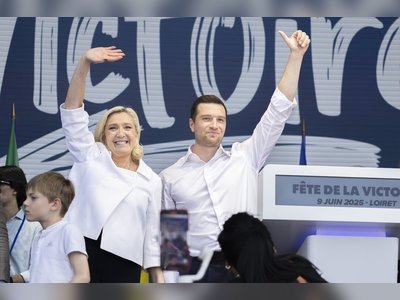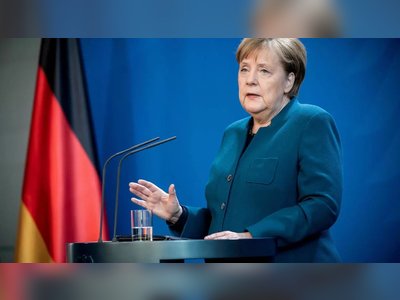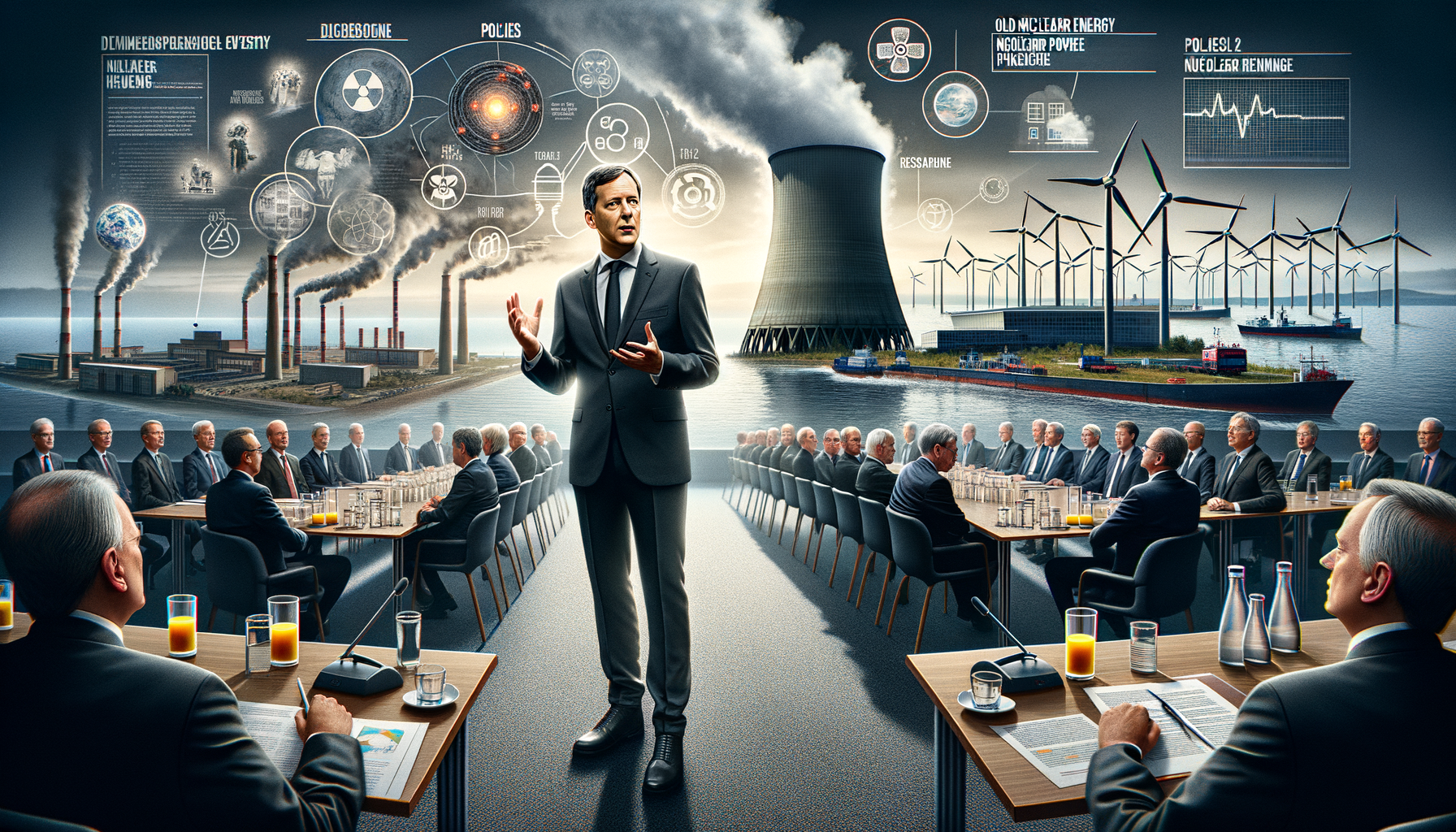
Germany's Conservative Leader Highlights Challenges in Nuclear Energy Plans
Friedrich Merz addresses the impracticality of nuclear energy reactivation amid ongoing political discussions.
Friedrich Merz, leader of Germany's Christian Democratic Union (CDU), has acknowledged the challenges in reviving Germany's nuclear energy sector.
Merz, a leading figure potentially poised to become Germany's next chancellor, stated that it is unrealistic to consider reactivating the country's nuclear reactors.
He cited the complex dismantling and decontamination processes currently underway as significant barriers, emphasizing that each passing week reduces the likelihood of a nuclear resurgence.
Germany's final three nuclear plants were decommissioned in April 2023, in line with a policy established in 2011 by then-Chancellor Angela Merkel after the Fukushima disaster in Japan.
Despite this, Merz has characterized the nuclear shutdown as a 'grave strategic mistake'.
The CDU's election manifesto included proposals to explore restarting operations at the recently closed plants and to research new nuclear technologies, such as small modular reactors.
However, Merz’s recent statements have cast uncertainty on the viability of these plans.
The phase-out of nuclear energy in Germany has become a contentious issue, especially following the energy crisis of 2022, when nuclear power was briefly reconsidered as a temporary measure.
In a 2024 parliamentary inquiry, Economy Minister Robert Habeck was questioned about prioritizing environmental policies over energy security, though experts maintained that Germany's energy security remained intact.
This debate is part of a broader energy policy discussion in Europe, where a shift toward renewable energy sources and reducing carbon emissions are key objectives.
The practicalities and timing of these energy transitions continue to generate significant political and public discussion.
Merz, a leading figure potentially poised to become Germany's next chancellor, stated that it is unrealistic to consider reactivating the country's nuclear reactors.
He cited the complex dismantling and decontamination processes currently underway as significant barriers, emphasizing that each passing week reduces the likelihood of a nuclear resurgence.
Germany's final three nuclear plants were decommissioned in April 2023, in line with a policy established in 2011 by then-Chancellor Angela Merkel after the Fukushima disaster in Japan.
Despite this, Merz has characterized the nuclear shutdown as a 'grave strategic mistake'.
The CDU's election manifesto included proposals to explore restarting operations at the recently closed plants and to research new nuclear technologies, such as small modular reactors.
However, Merz’s recent statements have cast uncertainty on the viability of these plans.
The phase-out of nuclear energy in Germany has become a contentious issue, especially following the energy crisis of 2022, when nuclear power was briefly reconsidered as a temporary measure.
In a 2024 parliamentary inquiry, Economy Minister Robert Habeck was questioned about prioritizing environmental policies over energy security, though experts maintained that Germany's energy security remained intact.
This debate is part of a broader energy policy discussion in Europe, where a shift toward renewable energy sources and reducing carbon emissions are key objectives.
The practicalities and timing of these energy transitions continue to generate significant political and public discussion.
AI Disclaimer: An advanced artificial intelligence (AI) system generated the content of this page on its own. This innovative technology conducts extensive research from a variety of reliable sources, performs rigorous fact-checking and verification, cleans up and balances biased or manipulated content, and presents a minimal factual summary that is just enough yet essential for you to function as an informed and educated citizen. Please keep in mind, however, that this system is an evolving technology, and as a result, the article may contain accidental inaccuracies or errors. We urge you to help us improve our site by reporting any inaccuracies you find using the "Contact Us" link at the bottom of this page. Your helpful feedback helps us improve our system and deliver more precise content. When you find an article of interest here, please look for the full and extensive coverage of this topic in traditional news sources, as they are written by professional journalists that we try to support, not replace. We appreciate your understanding and assistance.


